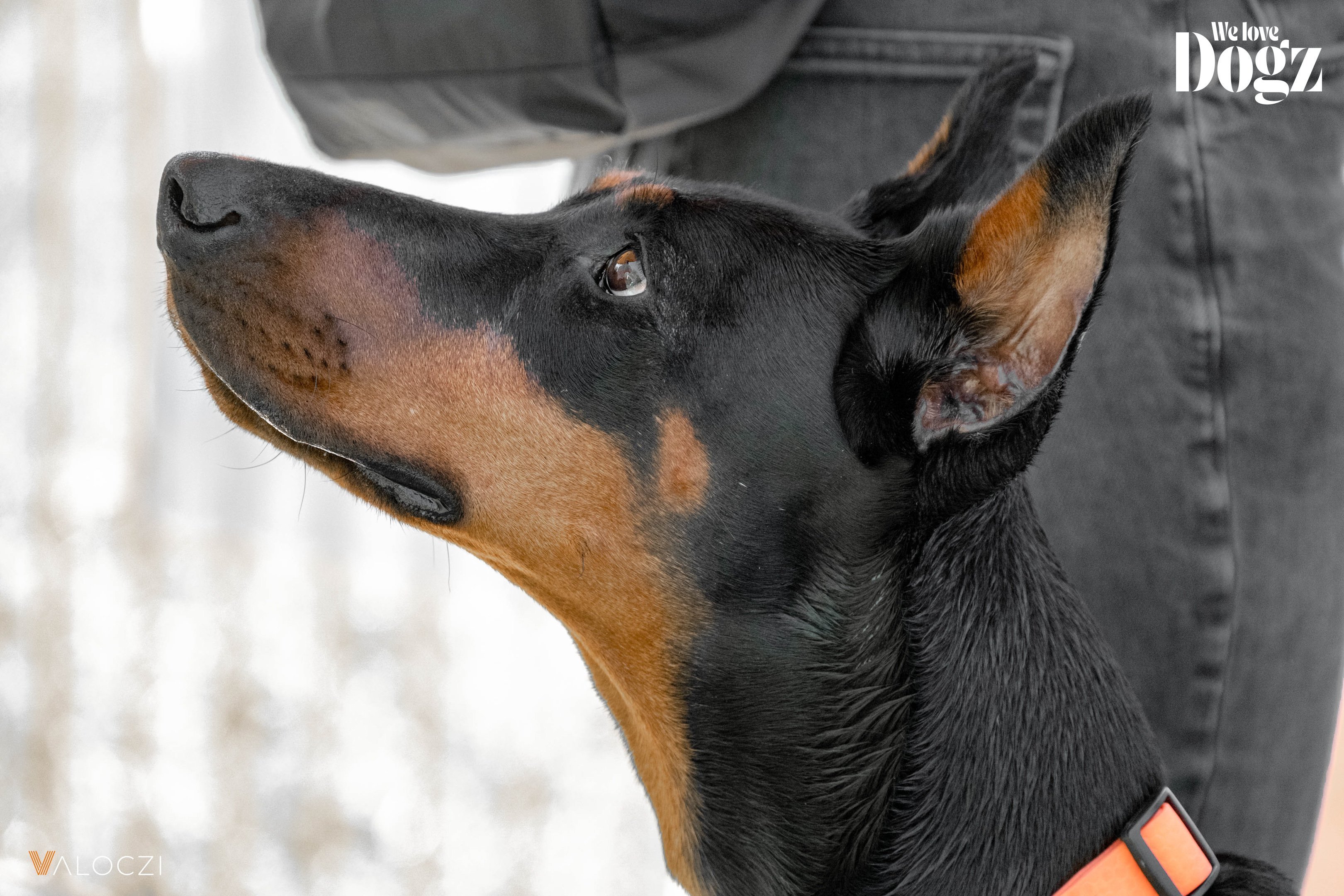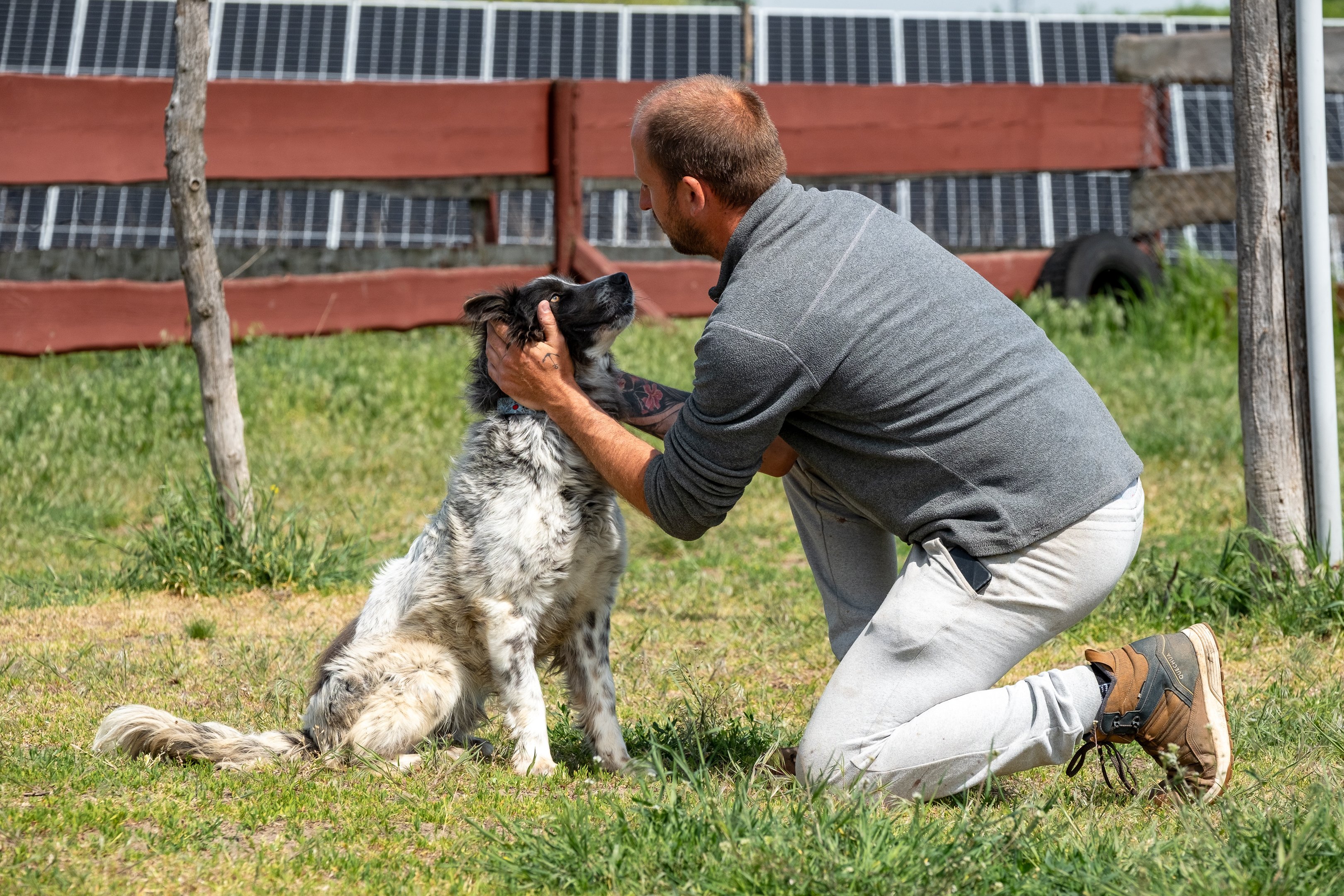Does Your Dog Really Know You're Lying?
Published: 2025. 06. 22 - Photos: welovedogz.hu/en • 4 minutes reading

Published: 2025. 06. 22 - Photos: welovedogz.hu/en • 4 minutes reading

We attribute many wonderful abilities to our pets. One is their ability to sniff out when someone is lying. Can they really?
It is a common trick for the owner to pretend to throw the ball or offer an imaginary reward treat to his pet. The typical result of both of these is that the dog stares blankly into the air and then at the owner, seemingly not understanding what has happened. This might lead you to believe that our pets believe everything. However, a study published in the Proceedings of the Royal Society B shows that dogs may be able to detect lies.
 Researchers tested whether dogs recognise when they are being tricked / Photo: welovedogz.hu/en
Researchers tested whether dogs recognise when they are being tricked / Photo: welovedogz.hu/en
Researchers at the Clever Dog Lab in Vienna carried out a study involving 260 dogs of different breeds. Two buckets were placed in front of the animals, which had been previously sprinkled with food, and a piece of food was placed in one of the buckets. A person unknown to the dogs then crouched down next to the pots and initially encouraged the dogs to choose the good bowl, which contained the reward food. This was repeated three times and then the scenario was changed.
The next time two people took part in the exercise. One hid the food in one of the buckets, and then the familiar helper encouraged the dogs to choose the empty bucket. This was repeated with the helper not being in the room when his partner hid the food, only then to enter and start directing the animals towards the empty bowl.
The researchers expected that dogs would trust verbal instructions more than their own eyes, as both primates and children under 5 do – they trust advice more than their own experience.
Surprisingly, however, the vast majority of dogs did not. When the helper could not see where the food was hidden, only half of the dogs were able to lead the helper. And when the animals saw that he knew where the food was but still led them to the wrong bucket, only 29% of dogs trusted him. This suggests that a significant proportion of dogs were aware that they were being lied to.
Researchers have observed different trends between dog breeds. Terriers showed the opposite pattern to other breeds, following the advice of the helper more often, even when the helper saw where the reward was hidden.
They were subjected to further tests comparing terriers (14 breeds) as representatives of independent dog breeds with Border Collies, who are typically cooperative dogs. The result was the same. For the scientists, this suggests that dogs may interpret helping intentions differently. While it is clearer to collies that they are being tricked, terriers may assume that the person wants to show them something new, as opposed to food.
 The Border Collies reacted differently than the terriers / Photo: welovedogz.hu/en
The Border Collies reacted differently than the terriers / Photo: welovedogz.hu/en
The researchers concluded that dogs are able to judge information presented by humans based on what the human saw or did not see. This supports the argument that dogs can distinguish between different human states of knowledge.
In order for a dog to recognise that you are lying, it must be able to detect your mental state. In other words, they need to know what you know. This is a sophisticated cognitive ability. For years, it was thought that the ability to attribute false beliefs to others was something only humans knew.
To see if this ability evolved during domestication, further studies would be needed, including the wolf ancestors in the experiment. In addition, testing other types of dogs, such as sled dogs or hounds, would also lead to exciting results.
In addition, the scientists pointed out that the dogs in the present experiment were worked with by strangers, but the inclusion of the owners as the most loved and trusted person for the dog could give different results.
This brings us back to the ball and reward scams detailed at the beginning of this article: you may not have fooled your dog just because he went after a ball he didn't actually throw or is looking for an unhidden reward. He just trusts you enough to assume you have a purpose for what you're doing. It's better not to play on this kind of blind trust for the sake of a funny moment or two!
It is also worth mentioning that our pets are great at reading our physical and physiological cues thanks to their sensitive senses. The slightest twitch or change in our facial expressions is not lost on them, nor are they unaware of the traces of the processes taking place in our bodies (the composition of our sweat, which is linked to hormonal changes). If you are stressed, which is typical when lying, there are signs you may not even be aware of. However, dogs can sense them. This also contributes to your four-legged friend always knowing exactly what mood you're in, even if you try to hide it.
Follow us!
facebook instagram youtube spotifyRelated articles

These summer fruits are safe for your dog
Health • 3 minutes
How to keep your dog safe outdoors during the cold winter
Care • 5 minutes
Is your dog's paw slipping too often on the floor? Here's what you can do to help
Care • 3 minutes
As the temperature drops, your dog's skin becomes more sensitive: how to care for it properly
Care • 3 minutes